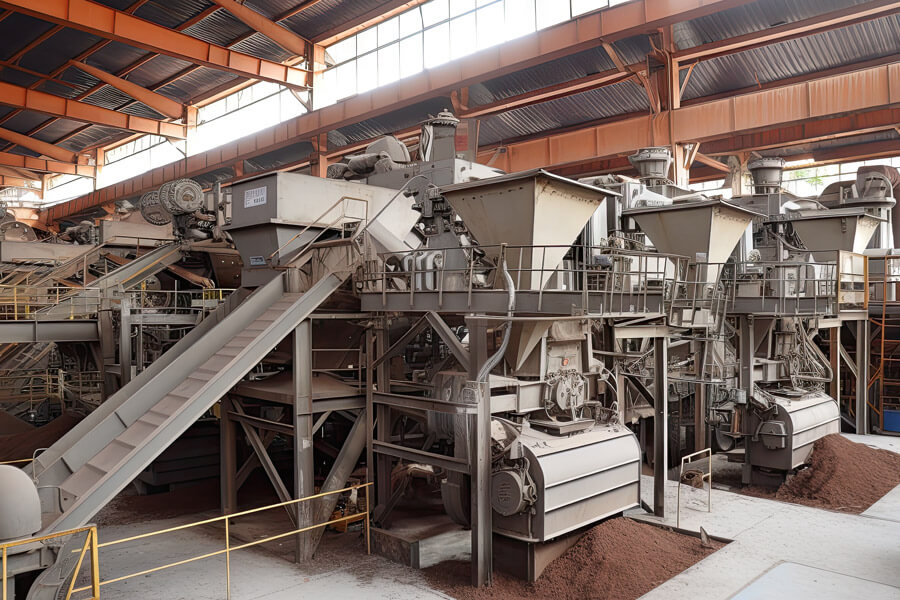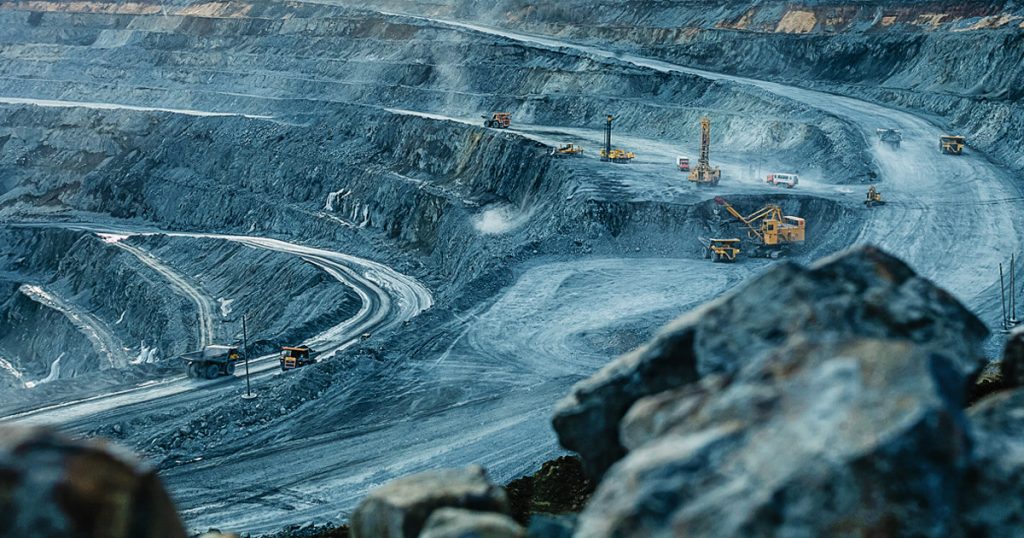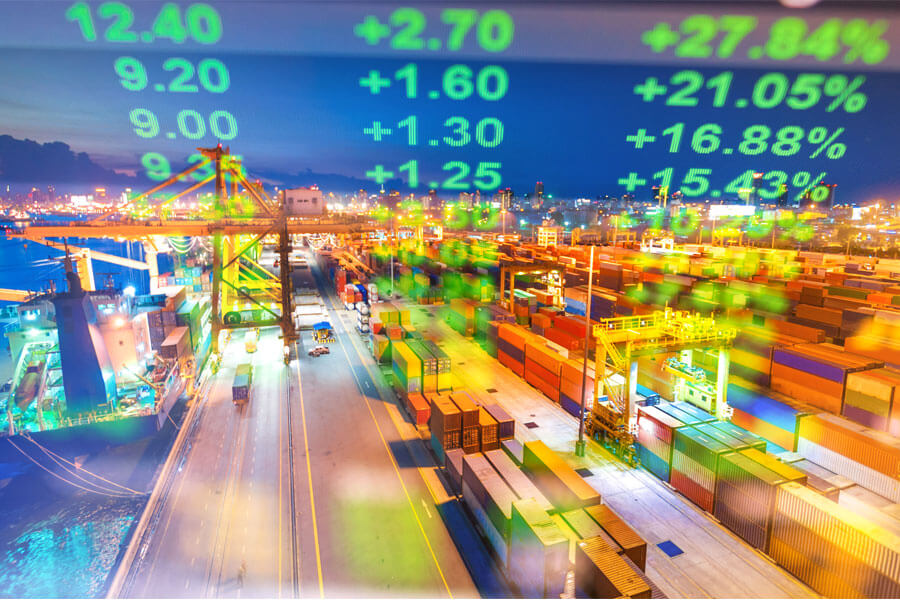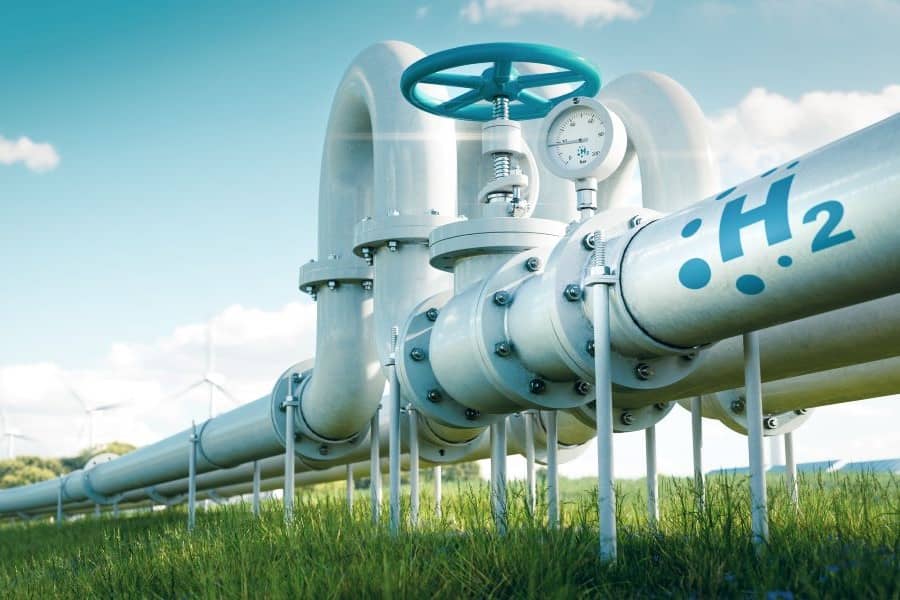UPDATE: China Announces Export Ban on Rare Earth Technologies
May 2023 | News
Updated: December 2023
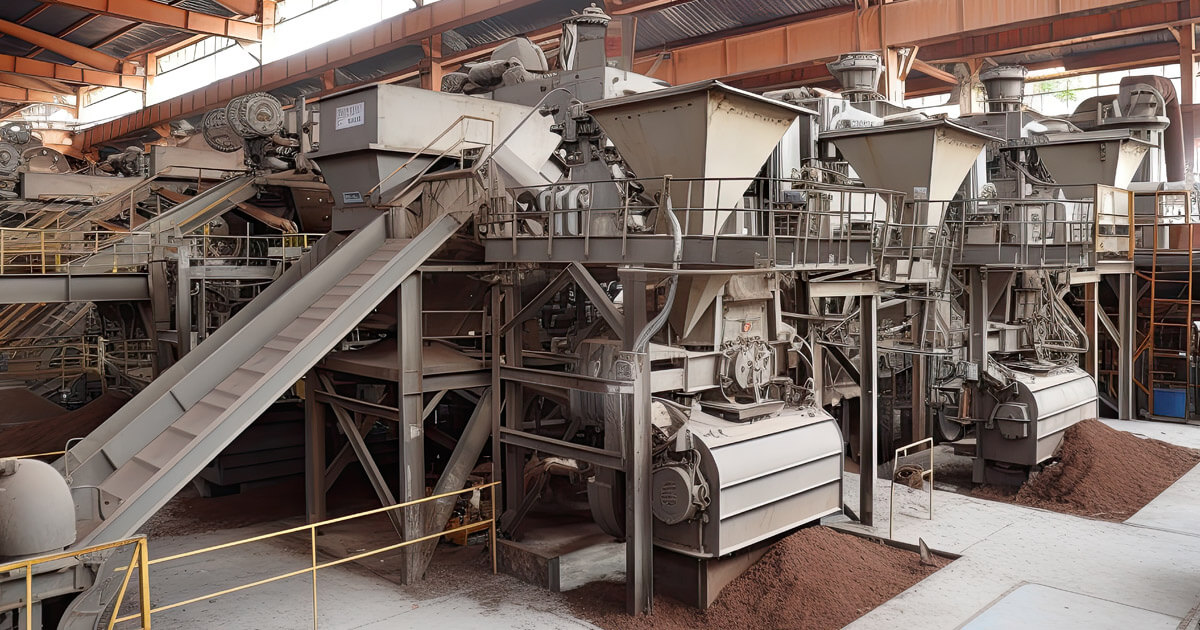
Source: AdobeStock/primopiano
UPDATE:
As reported in the week before last in December, China’s export bans on rare-earth technologies are now a done deal. However, the export of the raw materials themselves is not affected. Back in April, the People’s Republic hinted at the ban, which is now a reality. Even if such regulations are not new, they make it more difficult for Western countries to establish their own value chains for rare earth magnets. At the same time, the importance of this is once again underlined, as reported by the industry news service Rawmaterials.net, among others. You can find more news here and on Rawmaterials.net daily. You can also track the latest price trends for rare earths at any time using our regularly updated price charts for individual rare earth elements.
Initial news from May 2023:
Rare earth magnets, such as those installed in wind turbines or e-cars, derive almost exclusively from Chinese production. According to media reports, the Middle Kingdom is considering banning the export of technology needed for their production. This could further fuel trade disputes with the U.S. and other Western economic powers.
The Chinese government is considering banning exports of rare earth technologies used in the production of wind turbines and electric motors. According to a report by Nikkei Asia, the Chinese government wants to restrict the exports to protect its domestic market and drive technological progress at home. Demand in China for rare earth products used in the country’s domestic wind power and e-mobility sectors is growing. The Middle Kingdom, which already ranks among the world’s leaders in renewable energies, wants to further ramp up its share of green electricity resources. The country’s booming EV industry also relies on rare earth magnets.
Reaction to Western Export Controls
The Chinese decision may be a reaction to growing export restrictions by Western countries on computer chips and other high-tech products. In recent months, the U.S. and other countries have tightened export controls to limit China’s access to key technologies. The trade dispute has so far culminated in the so-called chip war, which makes it more difficult for China to import sophisticated microchips. The Chinese government sees the move as a threat to its economy and, in return, wants to reduce its dependence on Western technologies.
Impact on the World Economy
China is the largest producer of rare earth metals and controls over 90% of their processing. Restricting exports could drive up prices for these raw materials and hamper the production of high-tech devices worldwide. This trend is confirmed by a new OECD report, which shows that an increasing number of countries are placing critical raw materials such as rare earths under export restrictions. According to OECD findings, around 10% of the world’s export value is affected by at least one export restriction measure. In addition to China, countries such as India, Argentina, Russia, Vietnam, and Kazakhstan are also closing off access to their raw materials markets. These developments could inhibit technological progress and complicate the transition to a more sustainable economy, the OECD analysis says.
